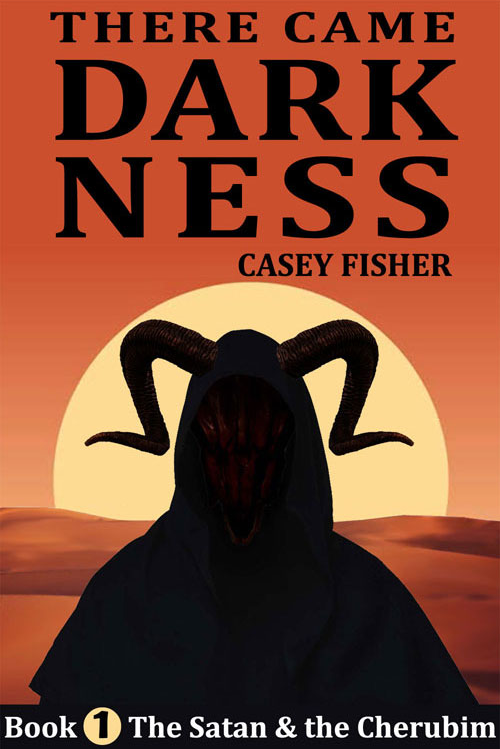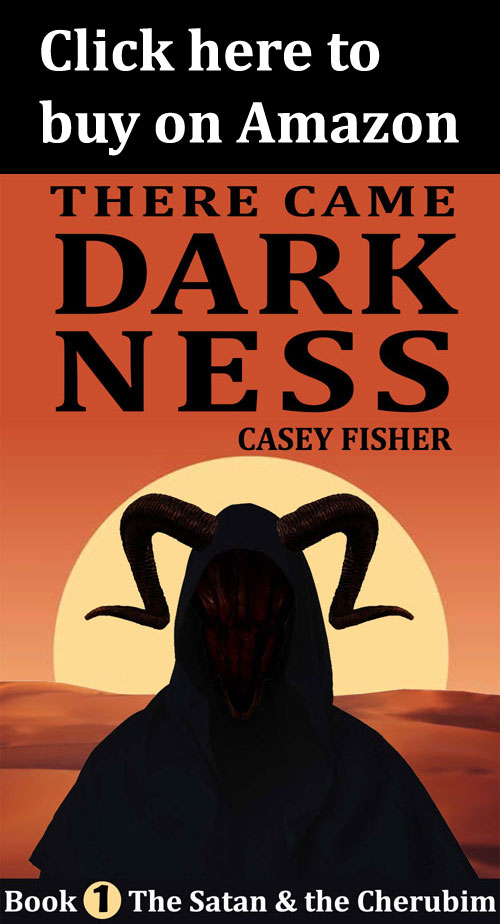Now I know why I am here, of all places. It turns out that some small part of me demanded the stripped-down truth after all. And this was the only place where I would be able to see it. In becoming swallowed up in the entangling mist of the black apparition, I am confronted with the answer. The one which I knew all along. The truth is, something is very wrong in the world. And I cannot run from it any longer.
But in the years since, the path had become overgrown. Adolescent trees and runaway vines claiming the space for their own with only a couple dark souls in pursuit of trouble to stir up the cries of the innocent still trapped in the soil.
But the obsession of the moment was driven by a higher craving. It could be as meager as a torn edge of papyrus or as ordinary as a block of wood. But if it bore the pen strokes or the etchings of the lettered hand, it was more valuable than its equal weight in gold. After all, gold could not reach across the horizons of untraversable distance and lost time to return ancient wisdom and new perspectives. It could not bring faraway sages to the lamp of one’s reading table or prophets back to life. Most importantly, it could not answer the kinds of questions that kept runaway thinkers such as himself lying awake most nights.
It was, without a doubt, the most ancient written specimen he had ever had the pleasure of laying eyes upon. And age mattered, as any scribe worth his ink would readily profess. When it came to texts, all people—learned or not—were inclined to worship at the altar of antiquity. Reason followed that the farther one reached back into time, the closer one came to accessing an age when man and deity walked side by side.
The priest earnestly believed he had been running at full speed before, but with the clap of footsteps hounding him from behind, he found an additional surge in his wheels he did not know to exist. If the fire still burned in his chest, he could not feel it. There was no pain that could hold him back. Only the bounds of physical law, which were more generous than he had previously supposed.
His gaze cast broodingly across the endless rows of distant ridges which ran jagged lines across the horizon like overlapping strips of torn ribbon. It was a country as barren in hope as it was garnishment. The rains had left it none the more fertile. Now they were moving on, chased away by an ill-tempered wind that howled bitterly down the slopes and through the sage. The boy sat there motionless. Just another turbulence-formed protrusion in a desolate landscape.
Their huddled mass of vagabond tents pressed against the precipice of the plateau overlooking the land called Desolation. A flat empty expanse that disappeared somewhere over the inaccessible distance of Creation’s edge. A land sacrosanct for the deprivation it offered.
Hoshea rarely spoke, and when he did, he managed to convey a chapter’s worth in the span of a verse.
He eyed him as one might a secret mistress—careful not to look upon him directly, but acutely aware of every movement and mannerism all the same.
In that sense, it was a higher truth, placing faith and devotion to God above all else while uniting the people in common purpose rather than dividing them along philosophical lines.
In life, much like art, it seemed the more one tried to keep a lid on uncertainty, the more ways it found to escape and with greater the potency.
Like Elohim, the Amorite gods were thought to be strengthened by the ascending smoke of burnt sacrifices offered in their name. But unlike Elohim, the Amorite gods had never fully disavowed themselves of the taste for human flesh.
So much for sorely needed rest, he thought, straining to keep his eyes open. But soon enough, he promised himself, forgetting, for a moment, his track record for honoring such promises.
« previous 1 2 3 4 5 6 7 next »
The Satan and the Cherubim Overview


